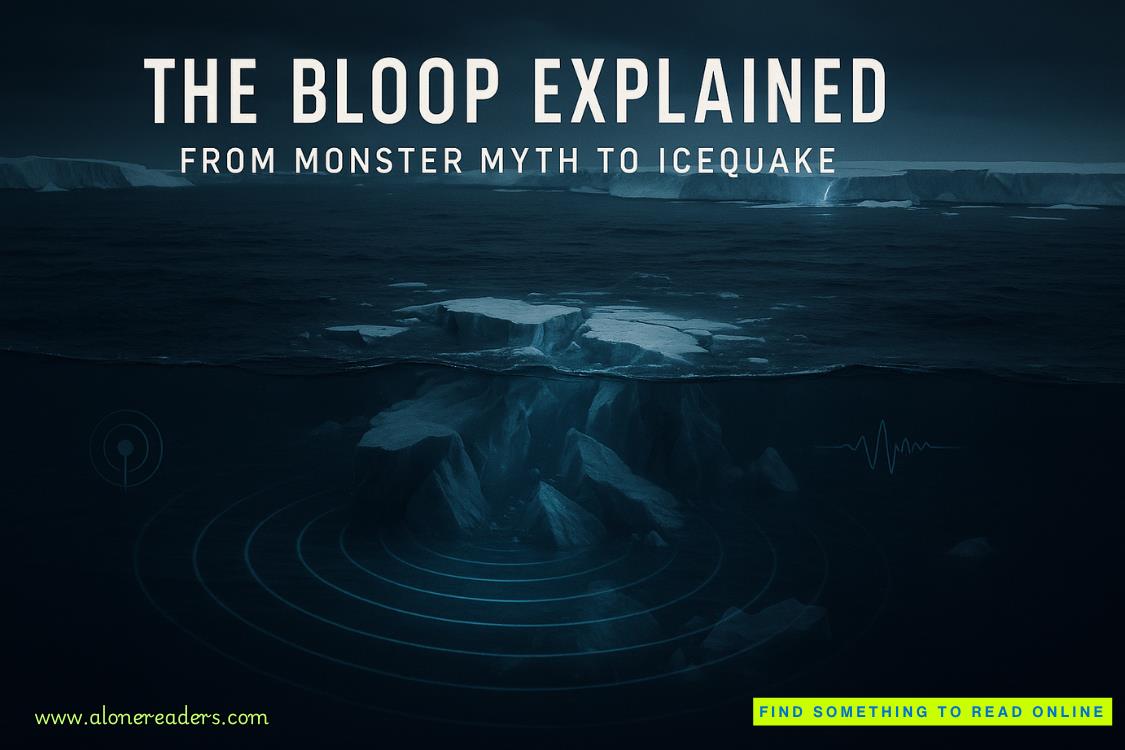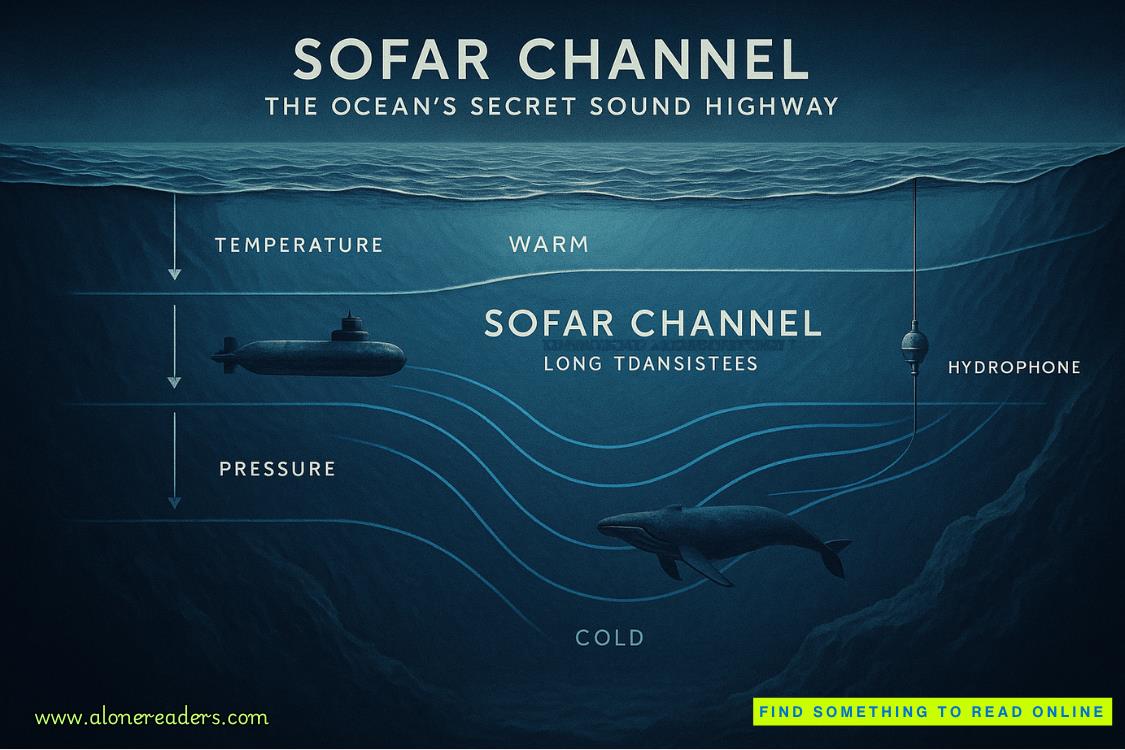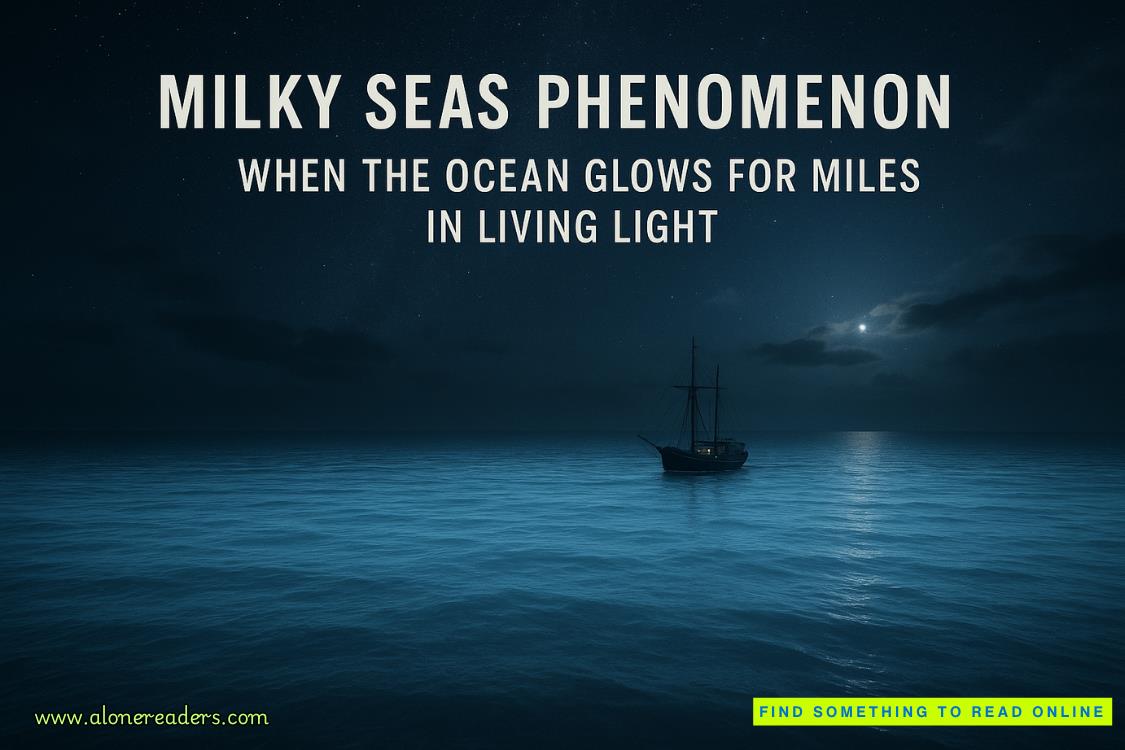Page 106 of Seduction Under the Southern Stars
I look at the waiter. He’s an older guy, and he has a kind and gentle manner. “Can you suggest something?”
“To go with venison and beef, usually I’d say a Cabernet Sauvignon, but if you are new to wines, ma’am, how about a Merlot? We have one grown here in Queenstown, and it sits in the middle of the red-wine spectrum and is very pleasant.”
He points to it on the list, and I nod. “We’ll have a bottle of that.”
“Thank you, sir.” He leaves us to deliver the order.
Elora’s jaw has dropped. “Linc!”
“What?”
“That bottle was eighty-five bucks!”
“It’d better be good, then.”
“Oh my God. You’re spoiling me.”
“If you’re going to have your first glass of wine, it’s not going to be a nine-ninety-nine bottle of vinegar.” I lean forward, forearms on the table, and study her. “What made you decide to try it?”
She shrugs, turning her fork in a circle. “I haven’t drunk because I’ve been too scared. But I’m tired of being scared and letting fear guide what I do. You’ve shown me that it’s okay to step outside my comfort zone. I’m not saying I’m going to start drinking all the time or anything, but I’d like to have a glass with dinner.”
She sucks her bottom lip thoughtfully for a moment, while she weighs up whether to tell me something. I let her think, watching her mouth, and fantasizing about kissing her later.
“After the assault,” she says eventually, drawing my gaze back to her eyes, “I had a very difficult year. I was too scared to go out, and I got upset really easily. I cried a lot, and got stressed and anxious, and found it difficult to calm down. I know I worried my parents. Mum called the doctor several times, and he prescribed me some medications.”
“A benzodiazepine?”
“And an antidepressant. Mum and Dad had a big argument about it. She wanted me to take them—she thought that a short-term dose might help me. But Dad was extremely against it. Fraser and Joel told you my drink was spiked?”
“With Flunitrazepam.”
“Yeah. Because of that, Dad said he didn’t want me anywhere near Diazepam. He said leaning on drugs and alcohol to help deal with trauma is the worst thing you can do.”
I frown. “What do you think now, looking back?”
She looks surprised to be asked the question. “I think he meant well,” she says slowly, which seems to be the phrase I’m coming to associate most with her family. “I think he was partially right. These things can become a crutch, and difficult to give up, especially when they’re successful. I think drugs and alcohol work because they provide an escape from reality. Life is hard, and tough, and unpleasant at times. And it’s easier when we don’t have to deal with it. When we can lose ourselves in something else and stop the cogs in our brains whirring so fast. Sometimes I think it might have been easier for me to get over what happened if I’d taken medication. But I was only eighteen, and still heavily influenced by my father, especially. So I followed his lead.”
“How did he suggest dealing with it?”
“Therapy. Not with him—I don’t think he could have dealt with talking about what happened. There was a woman at Greenfield—her name was Sarah—and she was super nice, quite young, and very supportive. We tried different treatments, and EMDR seemed to work for me. Do you know what it is?”
I shake my head.
“It’s odd,” she continues. “It stands for eye movement desensitization and reprocessing therapy. It facilitates healing from trauma, and it’s recognized as the gold standard for treating people with PTSD. It doesn’t involve talking in detail about what caused the trauma, which I was pleased about. I didn’t want to keep reliving it. It involves moving your eyes a specific way while you process traumatic memories. It supposedly repairs the mental injury from a memory. It’s quite fascinating, actually. I’ve read a lot about it. And it works—for me, anyway.”
“Do you still go?”
“No, not now. I could if I wanted. But something else Dad was also keen on was physical therapy.”
“Of course.” It was the whole foundation of his role at Greenfield. His adventure therapy helped many troubled youths, including me.
“He got me a personal trainer who drew up a strict regime of diet and exercise. I’d lost quite a bit of weight, you see; I’d stopped getting out and about, and just lost interest in everything. Karl started by helping me to eat healthily. Small, regular meals with wholesome ingredients. He encouraged me to learn to cook my own meals, which I hadn’t done much of before.”
She leans back as the waiter arrives with our wine. He shows us the bottle, opens it, and pours a small amount into a glass. I take it and sip it, then nod, and he half fills our glasses before leaving the bottle on the table and retreating.
Elora picks up the glass. Watching me, she swirls the wine around it, sniffs it, then has a small sip. “Ooh,” she says. “That’s not what I was expecting. It’s very fruity.”
“What fruit can you taste?”















